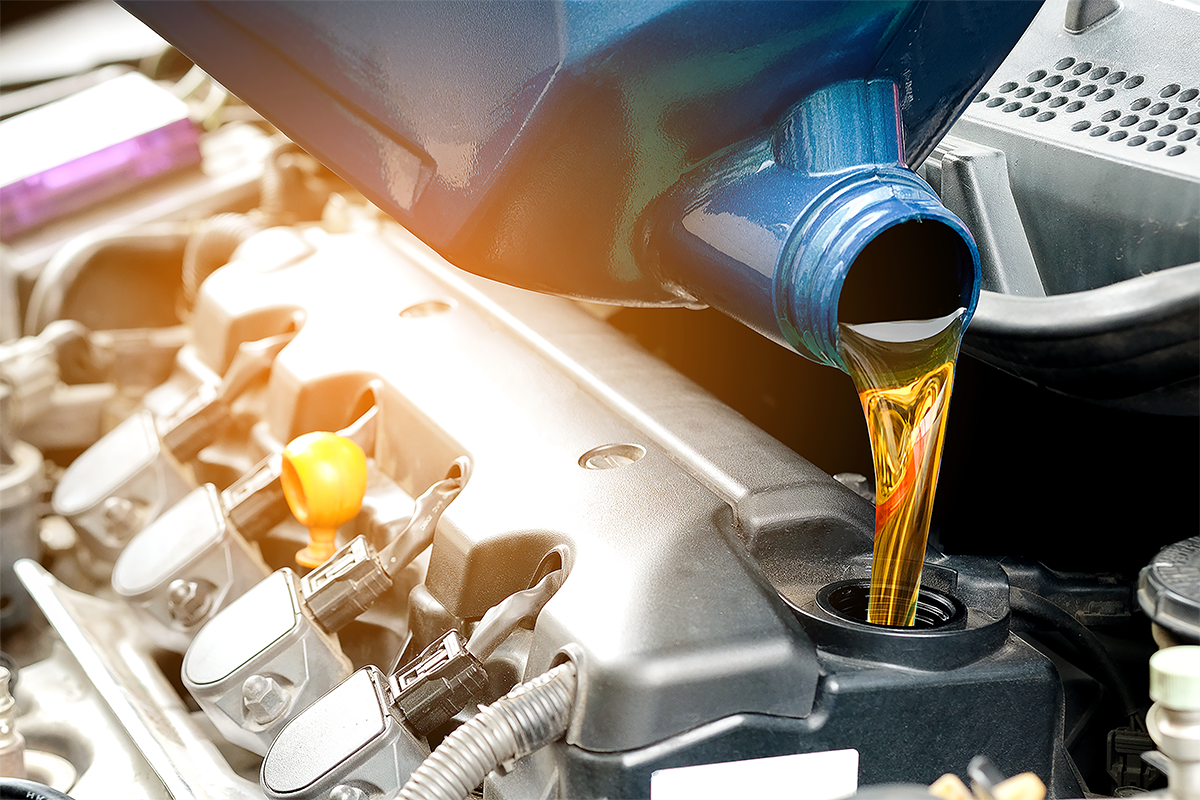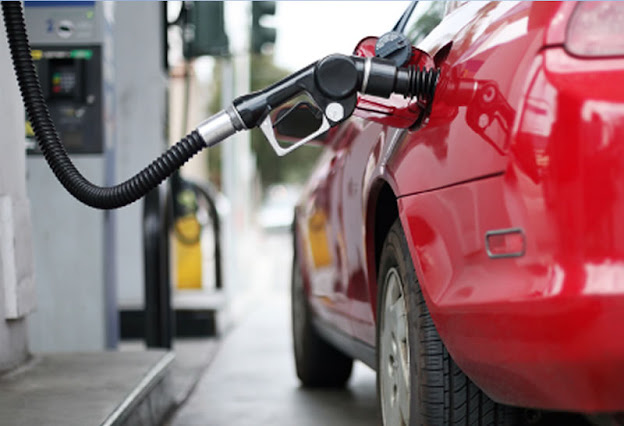What Are Synthetic Lubricants?
There are essentially thousands of types of synthetic lubricants as well as hundreds much more variations of these! All custom-made tailored for particular uses from automotive to industrial to aeronautics. Right here I will certainly inform you regarding one of the most usual synthetic lubricants made use of for automobile, fleet, and some commercial uses and exactly how they associate with the petroleum oils most people recognize with.
The elements of a synthetic lubricants base supply are male-made developer molecules "manufactured" by chemically reacting 2 or even more straightforward compounds two generate a completed base supply. This permits a lubrication designer the ability to tailor the base stock to a certain application for maximum lube performance. To comprehend how synthetic lubricants relate to today's marketplace we should run through the listing of available oils. In the "oil bidness" various oils are categorized in groups by the type of base supply they are made from. The base stock is simply that. The bulk of the item you see in the bottle minus the additives that are mixed in to make the oil do certain functions.
Team one oil:
These are the old high paraffin base oils. They are not utilized for modern-day engine oils any longer yet can still be discovered in those little bottles of versatile family oil you buy at the hardware store for things like oiling door hinges.
Team two oils:
This is the common oil base stock that all modern conventional oil oils are made from. Quality differs extensively depending on where it was "dug up from". Even in "finished" create it can have different quantities of paraffin (wax), contaminations leftover from refining, and from the ground it came from! Chemically it is a hodgepodge of various sized hydrocarbon molecules, not all of which "get along with each other" in a manner of speaking. The outcome of this is a product that generates sludge, varnish, and mechanical wear as it ages as well as breaks down in service.
These oils have actually steadily been boosted throughout the years as API solutions needs have actually gotten stricter. Nonetheless, as modern engines pump even more horsepower from smaller sized engines with much less overall oil sump capacity and also the degree of horsepower/torque transferred through today's lightweight gas reliable drive trains remains to climb up, lubricant manufacturers locate that conventional petroleum oils truly just can not be improved any farther. For this reason, the action we see by car manufacturers to synthetic fluids; both in engines and also transmission/differentials. Incorporate that with the need to improve fuel economic situation and also synthetic lubricants popular ability to do just that as well as you can see why "manufacturing facility filled" with synthetic is ending up being increasingly more common.
Group three oils:
Group 3 oils are Mobil Oil that has actually been hydroisomerized, "hydro-cracked" as it is typically called. The most rigorous level of petroleum oil refining. Much of the paraffin and also impurities have actually been removed and its efficiency on any kind of variety of market tests is substantially much better than its team two relatives.
Although it is not made from a manufactured, engineered particle and also as such is not real synthetic oil, it does provide a portion of the advantages you would get out of a real artificial as well as in fact is generally sold as well as marketed as a 100% artificial item.
As a matter of fact, the vast bulk of artificial oils on the marketplace are in fact made from team three oils as a result of a suit a couple of years ago between Mobil and Castrol that entirely altered the artificial oil sector. As a result of this claim, the buying public has mainly been ripped off into believing that these oils are actually real artificial. Here's what took place. Exxon- Mobil Inc. makers of Mobil One took legal action against Castrol, makers of Castrol Syntec, accusing them of marketing a hydrocracked petroleum oil as a synthetic-which they were! Mobil Inc. felt that Castrol Inc. had sought an unjust market advantage since group three based oils are a lot more economical to make than real artificial oils yet Castrol was marketing Syntec as a 100% synthetic item: Castrol can make it for the much less, market it for much less and also un-fairly undercut all its competitors in the synthetic oil market with an oil that was not truly an artificial item. In the end, however, Castrol encouraged the court that group a three-based oil has actually been completely refined that it must be able to be marketed in addition to true artificial oils. Basically, the court broadened the meaning of artificial to consist of team three based oils. Because the synthetic oil market is the fastest growing part of the lubes industry, produces aspire to lift as well as order the revenues that having that attractive customer getting word synthetic on the bottle brings.
Team three oils have nowhere near the efficiency of true custom-engineered artificial oils, specifically in temperature extremes where the men get separated from the young boys in a manner of speaking!
Team 4 oils:
Polyalphaolefln and relevant olefin oligomers as well as olefin polymers. (Artificial hydrocarbon) PAO's as they are generally called is a true male-made developed base oil produced by a catalytic reaction with various alpha olefin compounds. PAO's are commonly identified as offering outstanding performance for several lubricant applications as a result of their really high viscosity index, a wide functional temperature variety as well as since it is thermal and shear stable.
PAO's additionally have low corrosivity and are compatible with mineral oils and also the variety of products that engines and various other machinery is manufactured from.
The molecular structure of PAO's are conveniently customized for use in all sorts of applications from automotive to commercial and also are widely made use of in electric motor oils, gear lubes, high temperature/extreme-pressure oils, Compressor oils as well as hydraulic liquids.
Team five oils:
This team comprises all artificial oils aside from PAO's. A shortlist includes Esters such as Polyolesters (Neopentyl Polyol esters, Diesters (Dibasic acid esters) Different Alkylated Aromatics, PAG's (poly Glycol/various Glycol's), Silicones, etc. This group of synthetics is primarily made use of for different commercial and also air travel applications. Polyesters are most frequently utilized for generator and also air travel applications. They are very thermally steady and preferably fit for very heat use. Thus their use in such things as high-temperature oils, jet engines, and also gas wind turbines. They have an extremely reduced coefficient of rubbing as well as are sometimes added in small amounts to mineral oils as well as various other synthetic oils to reduce the coefficient of friction of the finished product. Diesters are most commonly made use of air travel and industrial compressor applications however as a result of the tremendous anti-scuffing security they use. They have commonly included percentages to PAO-based two-cycle oils as this function is really beneficial to two-cycle motor oil.
Diesters are shear steady, have great lubricity, detergency and are polar meaning they have an electric fee that creates them to cling to steel surfaces-a desirable attribute for the majority of lubes. Diesters are not suitable with all seal materials as they can create excess swelling of many usual seal materials. As a result of this, they are commonly included small amounts of auto PAO-based oils to give a positive seal feature.





Mga Komento
Mag-post ng isang Komento